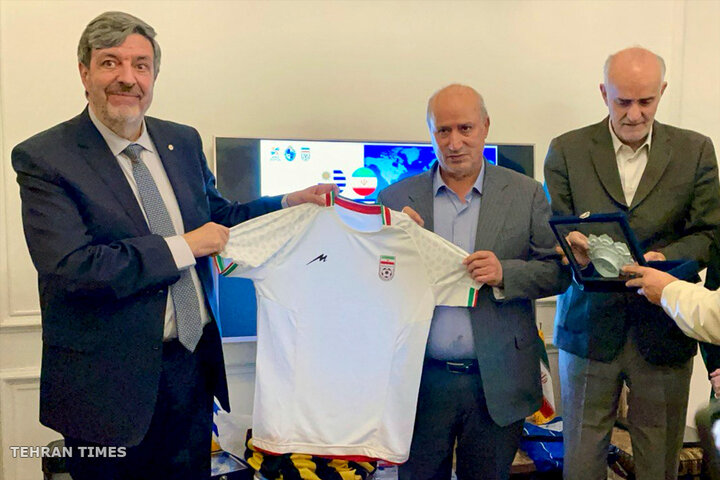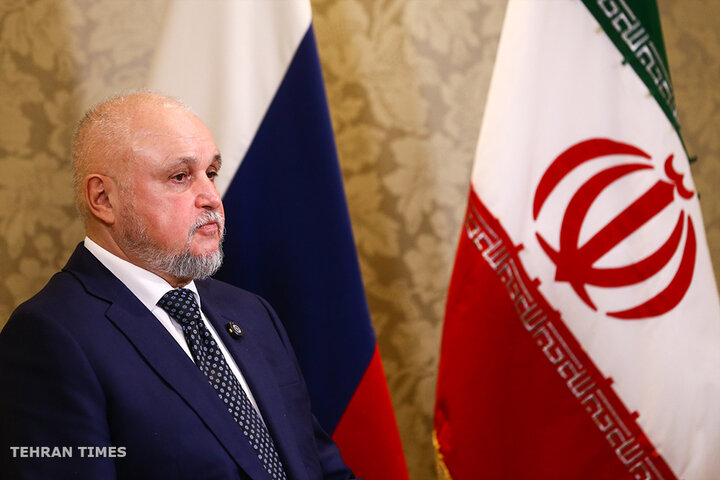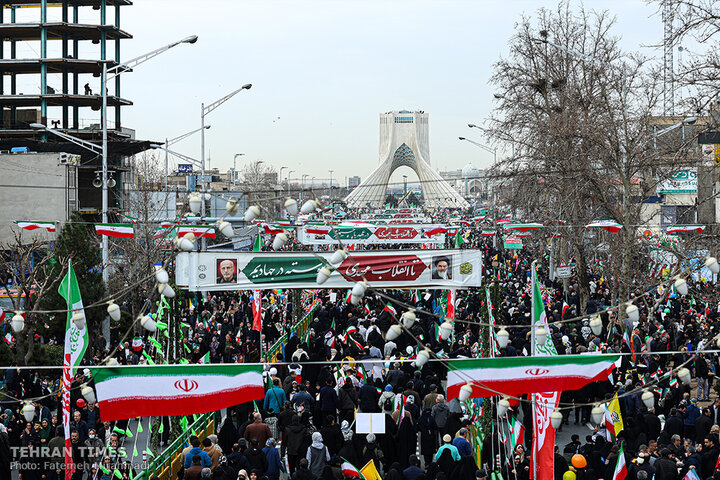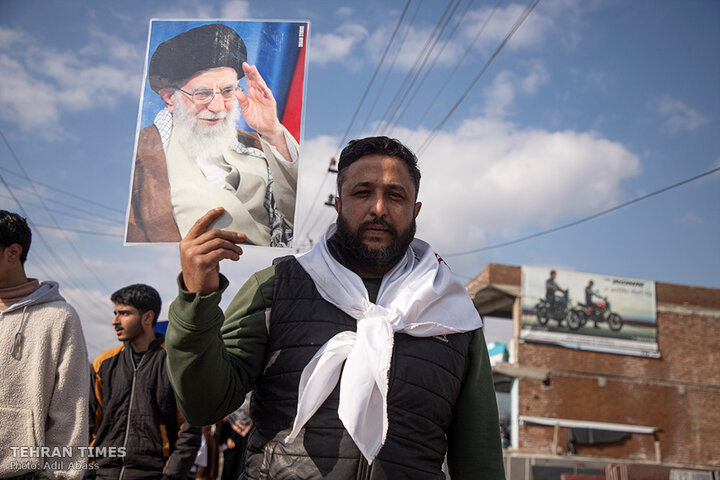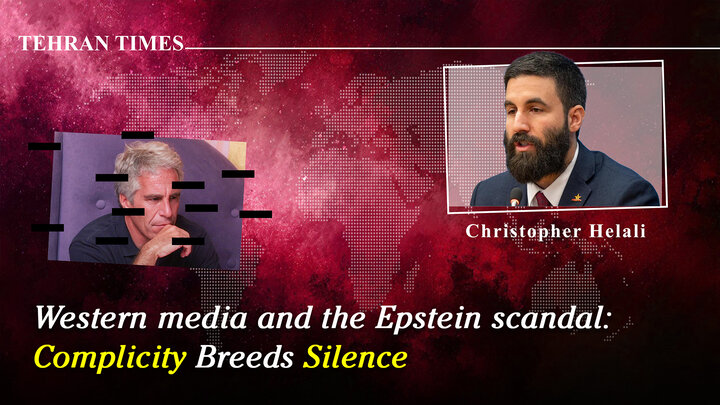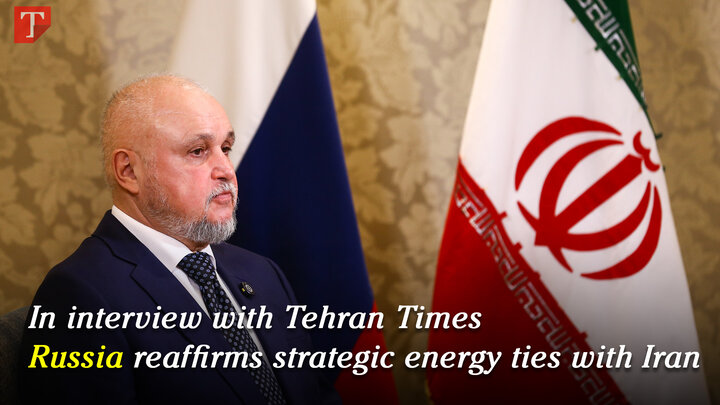-
 2026-02-24 22:02
2026-02-24 22:02
By Soheila Zarfam
Trump admits his ‘help on the way’ means a ‘bad day’ for Iranians
Meanwhile, on one of the two aircraft carriers sent to ‘help’, the crew cannot find a working toilet!
TEHRAN – The ailing Iranian “opposition” factions based in the West—those who were either toppled during the 1979 Islamic Revolution or failed to compete with the popularity of Imam Khomeini and his followers for a place in the country’s new political establishment—have spent nearly five decades in exile.
-
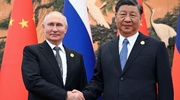
By Mohammad Sarfi, Editor-in-Chief
What will Moscow and Beijing do with a potential proving ground?
Tehran — The international order, at least as we once understood it, should now be considered a thing of the past. What happened shortly after midnight on January 3 in Caracas was a symbolic marker of that shift. The United States government, in what can only be described as gangster-like conduct, abducted the lawful president of a sovereign nation and his wife. Donald Trump bluntly and brazenly declared that it was all about Venezuela’s oil.
-

By Munir Daair
Letter to disillusioned Iranians
Disarmament is not deliverance
If you are a Western-based Iranian who believes that American or Israeli bombs would fall on your homeland in order to improve the life there, you are not being optimistic. You are being naïve.
-

By Shahrokh Saei
Kushner’s overreach in France: A wake-up call for European independence
TEHRAN – Recent tensions between Paris and Washington over U.S. Ambassador Charles Kushner go beyond a routine diplomatic spat—they expose America’s bullying, coercive, and domineering behavior, rather than just a disagreement between allies.
-

By Sondoss Al Asaad
Syria's agrarian collapse: The undeclared costs of “reform” and occupation
SOUTH LEBANON — Recent statements by Grand Mufti of Syria, Osama al-Rifai, regarding the nation’s agrarian reform lands have sparked a renewed and impassioned debate on one of Syria’s most contentious socio-economic debates.
-
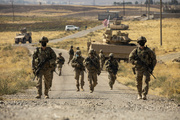
By Wesam Bahrani
U.S. withdrawal from Al-Tanf base
TEHRAN - The United States’ withdrawal from the Al-Tanf base in southern Syria signals a shift in military strategy rather than a full exit.
Politics
-

Dutch diplomat flees Iran after Tehran airport seizes luggage containing spy devices
TEHRAN – A senior Dutch diplomat abruptly departed Iran before authorities could inspect his luggage, which was later found to contain communications equipment associated with espionage. The incident occurred in January, as Iran was reeling from deadly unrest that was fueled by CIA and Mossad operatives, leaving more than 2,500 civilians and security forces dead.
-
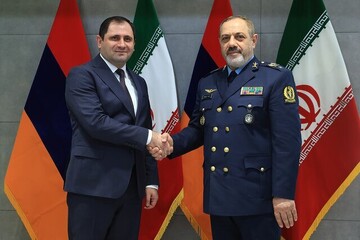
Defense minister says Iran opposes foreign intervention in the Caucasus region
TEHRAN – Iranian Defense Minister Aziz Nasirzadeh says the Islamic Republic opposes any change in the Caucasus geopolitics, suggesting that security in the region should be provided by the regional countries.
-
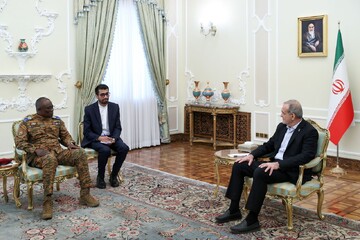
Iran has strategic view toward Africa: Pezeshkian
TEHRAN - President Masoud Pezeshkian said on Monday that Africa’s strategic importance has a special place in Iran’s foreign policy, saying Tehran seriously follows comprehensive ties with African states based on balanced diplomacy and mutual interest.
Sports
-

Iran to play Puerto Rico in friendly, official says
TEHRAN - Iran’s national team will play a friendly match in the lead-up to the 2026 FIFA World Cup.
-

Iran depart for AFC Women’s Asian Cup 2026 showdown
TEHRAN – The Iran women's national football team departed Tuesday morning to compete in the AFC Women’s Asian Cup 2026, set to take place in Australia.
-

Sepahan defeat Esteghlal Khuzestan: 2025/26 PGPL
TEHRAN – Sepahan football team defeated Esteghlal Khuzestan 3-1 in Matchweek 21 of the 2025/26 Persian Gulf Professional League (PGPL) on Monday night.
Culture
-

37th Tehran International Book Fair to be held in May
TEHRAN- The 37th edition of the Tehran International Book Fair (TIBF), the country’s largest annual cultural event, is scheduled to open on May 13, the organizers have announced.
-

Veteran pianist Fereydoun Nassehi performs famous classical pieces at Tehran’s Roudaki Hall
TEHRAN – Iranian veteran pianist Fereydoun Nassehi performed pieces from world-renowned composers at a recital titled “Chopin Night – Liszt Night” on Tuesday at Roudaki Hall in Tehran.
-

“An Astrologer's Day” audiobook brings world literary classics to Persian listeners
TEHRAN- The audiobook “An Astrologer's Day”, a collection of short stories by renowned writers from around the world, has been released for Persian listeners.
Economy
-
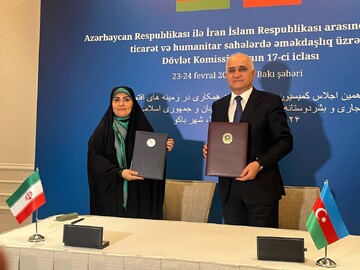
Iran, Azerbaijan sign economic co-op document covering 10 sectors
TEHRAN – Iran and Azerbaijan signed a cooperation document outlining joint economic initiatives across 10 sectors, including transport, energy, electricity and water, the Ministry of Transport and Urban Development said.
-

Iran power capacity rises to 98,802 MW, up 5,800 MW in 18 months
TEHRAN – Iran’s installed electricity generation capacity has increased by about 5,800 megawatts in less than 18 months, reaching 98,802 MW from roughly 93,000 MW at the start of the current administration, according to the latest weekly report by the Iran Power Generation, Transmission and Distribution Management Company (Tavanir).
-
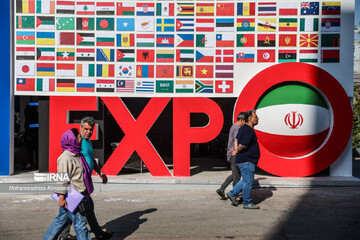
Iran Expo 2026 to be held during June 18–22 to boost non-oil exports
TEHRAN – The eighth Exhibition of Export Capabilities of the Islamic Republic of Iran (Iran Expo 2026) will be held from June 18 to June 22, 2026, aimed at strengthening trade diplomacy and expanding non-oil exports, a senior official at the Trade Promotion Organization of Iran (TPO) said.
Society
-
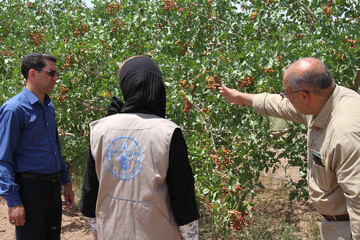
FAO’s solutions help pistachio growers deal with predicaments
TEHRAN – Practical and research-based techniques offered by the Food and Agriculture Organization of the United Nations (FAO) to farmers in Rafsanjan, the heart of Iran’s pistachio industry, have helped them cope with specific challenges, primarily water shortages and climate variability.
-
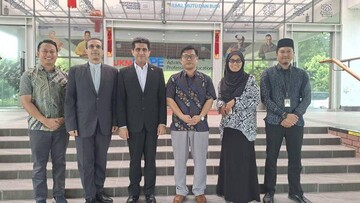
Iranian, Malaysian officials explore avenues to enhance scientific ties
TEHRAN – Iranian and Malaysian scientific officials have discussed ways to promote cooperation between the two countries, particularly in scientific and academic interactions.
-
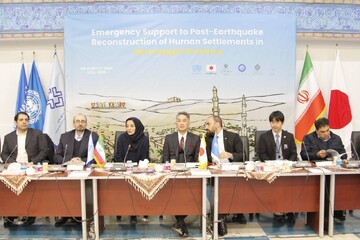
PERHOPE highlights local, global commitment to post-disaster recovery
TEHRAN – The closing ceremony of a project titled ‘Emergency Support for Post-Earthquake Reconstruction of Human Settlements in Hormozgan Province’ (PERHOPE project) highlighted the project’s achievements and reaffirmed national and international commitments to resilient recovery and sustainable development.
Tourism
-

Nowruz travel monitoring teams, 24-hour complaint system, activated across Iran
TEHRAN – Iran’s tourism ministry has launched provincial monitoring teams and activated a 24-hour complaint mechanism ahead of the Nowruz 1405 travel season.
-

Seymareh Valley landscape seeks UNESCO tentative listing
TEHRAN – The cultural heritage chief of Ilam province said on Monday plans to submit a preliminary dossier for the natural and historical landscape of Seymareh Valley to the Ministry of Cultural Heritage, Tourism and Handicrafts for review and placement on the country’s tentative list for UNESCO World Heritage status.
-

Urmia mosque restoration nears completion ahead of UNESCO evaluation
TEHRAN – Restoration and preparation work on the Jameh Mosque of Urmia is in its final stages as the site is being readied for evaluation for possible inscription on the UNESCO World Heritage list, a provincial official said on Tuesday.
International
-

Kushner’s overreach in France: A wake-up call for European independence
TEHRAN – Recent tensions between Paris and Washington over U.S. Ambassador Charles Kushner go beyond a routine diplomatic spat—they expose America’s bullying, coercive, and domineering behavior, rather than just a disagreement between allies.
-

Syria's agrarian collapse: The undeclared costs of “reform” and occupation
SOUTH LEBANON — Recent statements by Grand Mufti of Syria, Osama al-Rifai, regarding the nation’s agrarian reform lands have sparked a renewed and impassioned debate on one of Syria’s most contentious socio-economic debates.
-

U.S. withdrawal from Al-Tanf base
TEHRAN - The United States’ withdrawal from the Al-Tanf base in southern Syria signals a shift in military strategy rather than a full exit.
Most Viewed
-
Iran 'ready for any scenario' as it heads into third round of nuclear talks with US
-
Shattered myths and unbroken spirit: Witnessing the true heart of Iran
-
Trump admits his ‘help on the way’ means a ‘bad day’ for Iranians
-
‘Greater Israel’ in action: How expansion and occupation threaten regional stability
-
Dutch diplomat flees Iran after Tehran airport seizes luggage containing spy devices
-
Iran–Azerbaijan joint Economic Committee meeting opens in Baku
-
Defense chief says Iran favors close ties with independent West African states
-
Mahdavi naval squadron returns to Iran's territorial waters after 57 days
-
Lebanon’s 2026 elections on a tightrope: Domestic legitimacy vs. foreign calculations
-
Tehran dismisses US pressure tactics, says 'surrender' not an option as Geneva talks loom
-
CBI board approves draft bylaw for redenomination plan
-
It’s a lie foes are invincible: Iran Army chief
-
Major dams 41% full as Iran enters final month of winter
-
Ramadan: A time for health. A time for giving
-
Stop interfering in our region, Iraqi leader tells US





